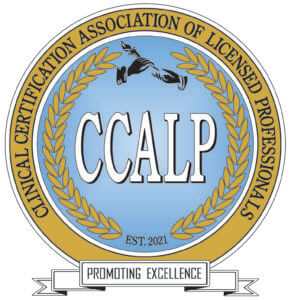Supervision

Did you know that the CPCS credential is now managed by the Clinical Certification Association for Licensed Professionals
Review the content below to learn more!
Need to Apply for the CPCS Credential?
Learn more about the application process through CCALP.
Current CPCS holder and you need to manage your account, renew, or reactivate?
Visit CCALP to manage your account. First time users would need to use their LPCA account email and submit a "Forgot Password" request.
Need to verify a CPCS credential holder's status?
Get up to date information on the status of a CPCS credential holder.

